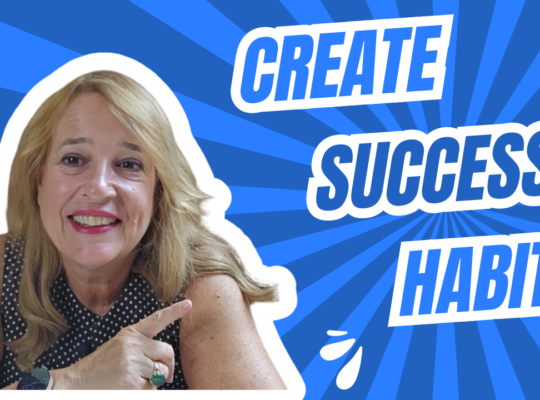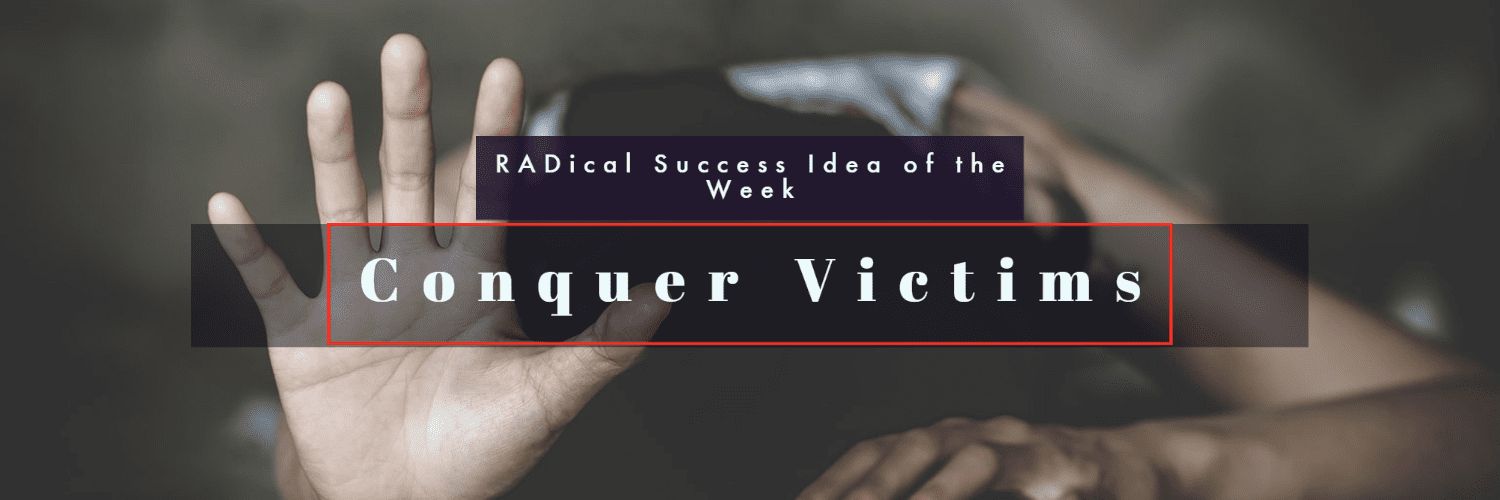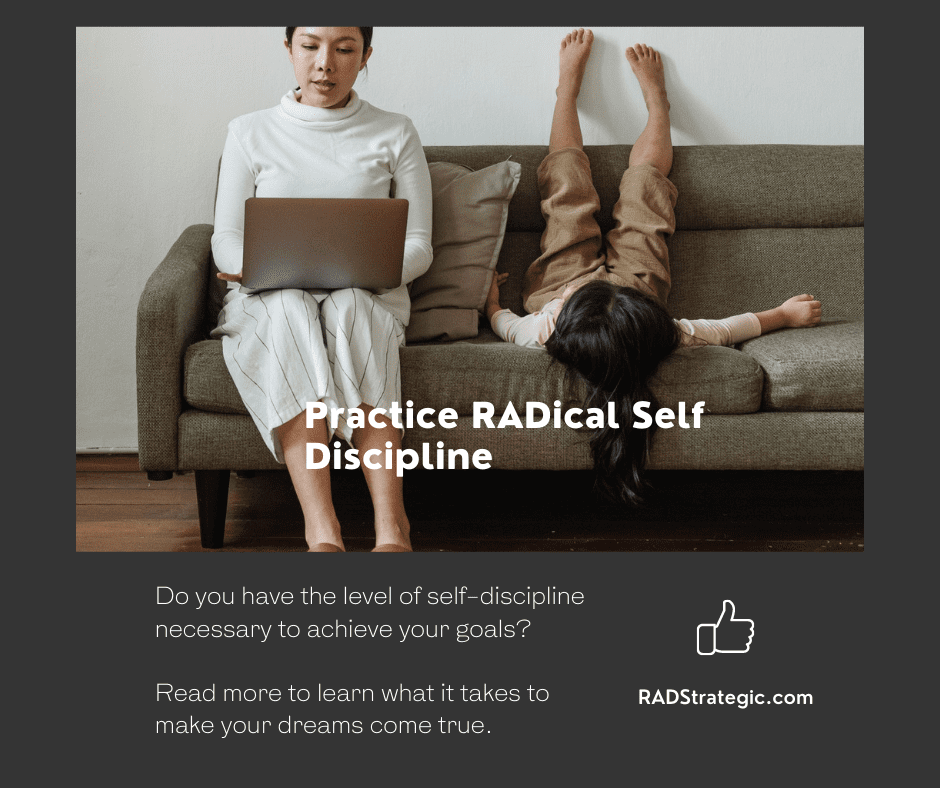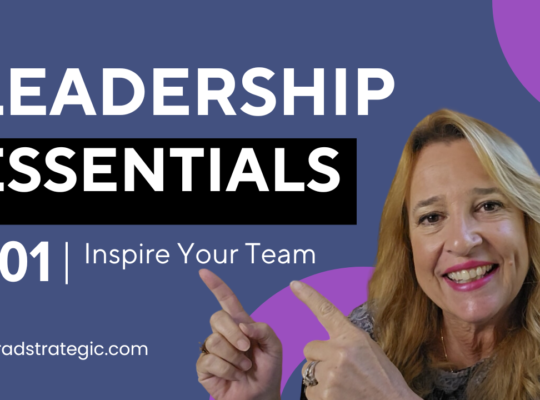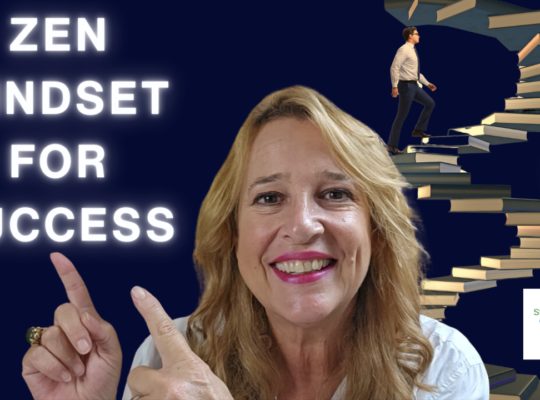Peter Drucker states, “It is easier for companies to come up with new ideas than to let go of old ones.” This concept applies not only to businesses but also to individuals striving to achieve their goals and dreams. Often, outdated ideas and beliefs hinder progress. In this tip, we will explore the difference between ideas and beliefs, uncover common false beliefs, and discover ways to identify and release beliefs that hold us back.
Beliefs and ideas are similar but not the same, and our beliefs often prevent us from fully exploring and implementing new ideas. Beliefs are deeply held convictions we accept as accurate, while ideas are mental constructs or concepts that can lead to new perspectives, solutions, or actions. Beliefs are more stable and influential, shaping our worldview, while ideas are more fluid and serve as catalysts for innovation and growth.
Unmasking Outdated Beliefs:
Beliefs differ from ideas as they are deeply ingrained and accepted as unalterable truths. However, we can change our beliefs, and it is essential to assess their accuracy. Let’s debunk a few widely accepted false statements: we use only 10% of our brains, George Washington had wooden teeth, witches burned at the stake in Salem, eight glasses of water are necessary daily, a 24-hour wait is mandatory to file a missing person report, and sugar causes hyperactivity in children. These examples are commonly held beliefs, and none are accurate. They demonstrate how easily false beliefs can take root.
Unearthing Limiting Beliefs:
Examining our beliefs and determining which ones impede our progress is crucial. To identify them, reflect on our routines, procedures, excuses, and environment. Are we clinging to outdated tools or methods simply because they are familiar? Challenging our beliefs involves seeking ways to upgrade, optimize, and improve functionality. Embrace new shortcuts and life hacks that can enhance our efficiency and effectiveness.
Learning from Past Experiences:
Resistance to ideas often stems from previous unsuccessful attempts. However, it is essential to consider whether the timing was right, the skills were lacking, or the message needed refinement. Rather than dismissing ideas outright, explore minor tweaks or adjustments that could make a significant difference. Learning from failure is valuable, but being open to revisiting ideas is equally important.
Reevaluating Core Beliefs:
Core beliefs shape our identity and influence our actions. They are deeply ingrained thoughts such as “I am…” or “the world is…” It is crucial to challenge these beliefs to achieve our goals. Recognize that changing core beliefs will lead to changed actions. Regularly examining and consciously choosing our beliefs allows us to adapt and evolve, ensuring personal growth and success.
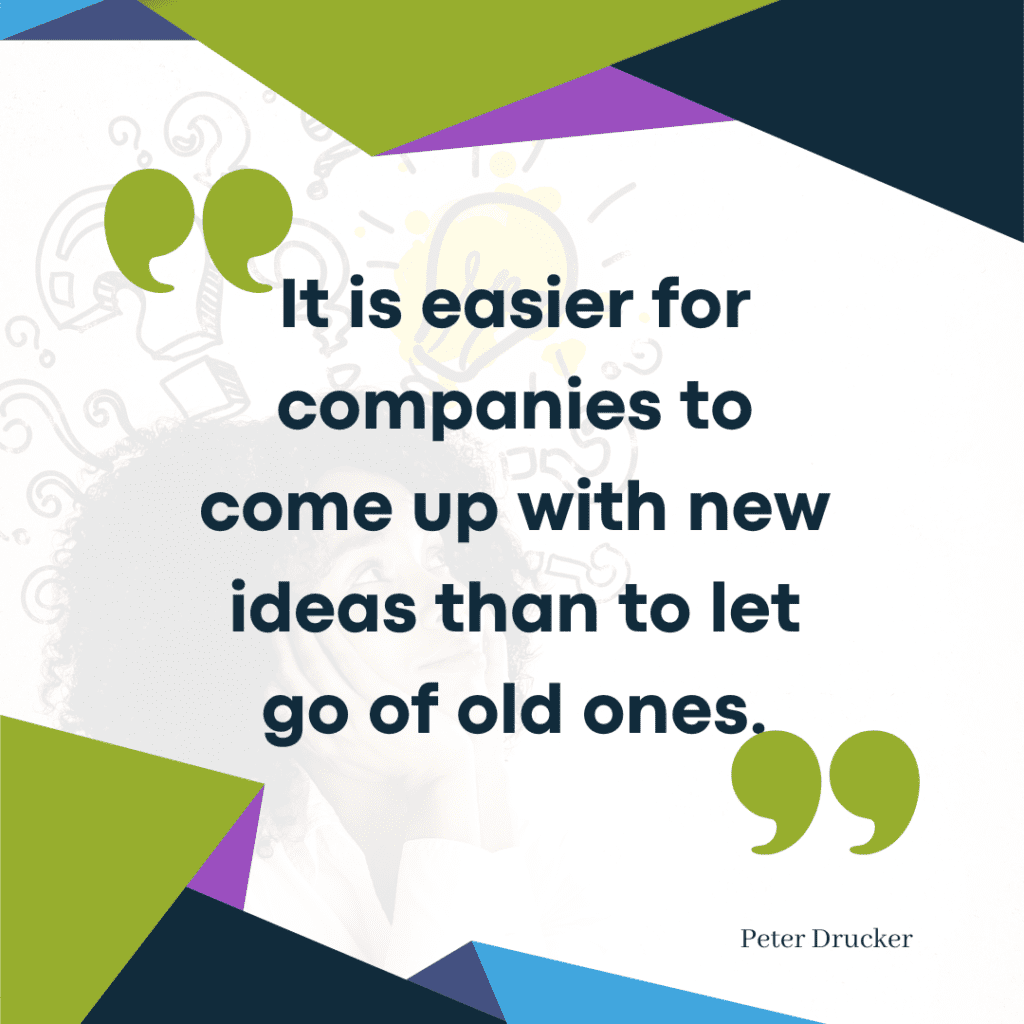
Finding Our Outdated Beliefs
Look in these places for ideas and beliefs that may be past their time:
- What have we resisted upgrading or changing because our version is good enough? Many, though certainly not all, upgrades significantly improve functionality. We get stuck in the habit of not wanting to learn a new tool without understanding the time and effort that will save us in the future.
- What systems and procedures do we regularly follow because that is how they are done without considering whether that may be the best way to achieve our aim? It’s great to learn new shortcuts. They enhance our lives with minimal discomfort. Think of a life hack we discovered that delighted us and seek out more.
- What ideas have we resisted because we tried them before, and they did not work, yet others seem to be succeeding? What technology have we shied away from because we tested an early version, which wasn’t quite right then?
- Think back to a core belief we held for a long time before discovering it was untrue. Perhaps it’s something we were taught to believe or learned from previous experience. Review our beliefs and determine which might be worth letting go of or exploring additional viewpoints.
Overcoming the resistance to change and letting go of outdated ideas and beliefs is a transformative process. By recognizing the distinction between ideas and beliefs, questioning the accuracy of our beliefs, unmasking false statements, and reevaluating core beliefs, we can break free from the limitations that hold us back. Embrace the discomfort of change, adapt to the evolving world, and unlock our potential for RADical success.

